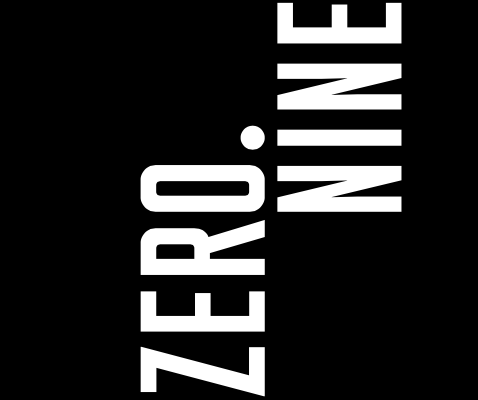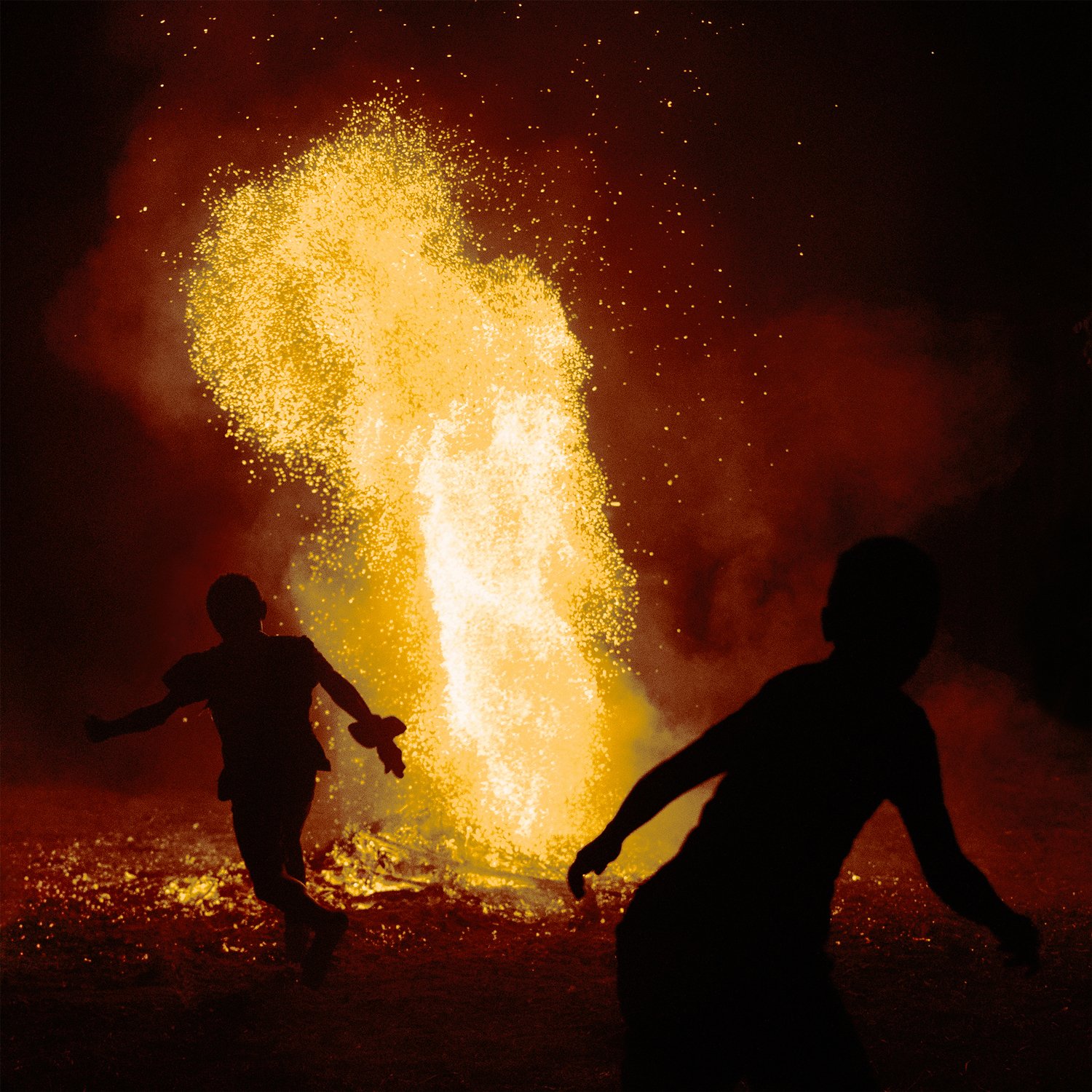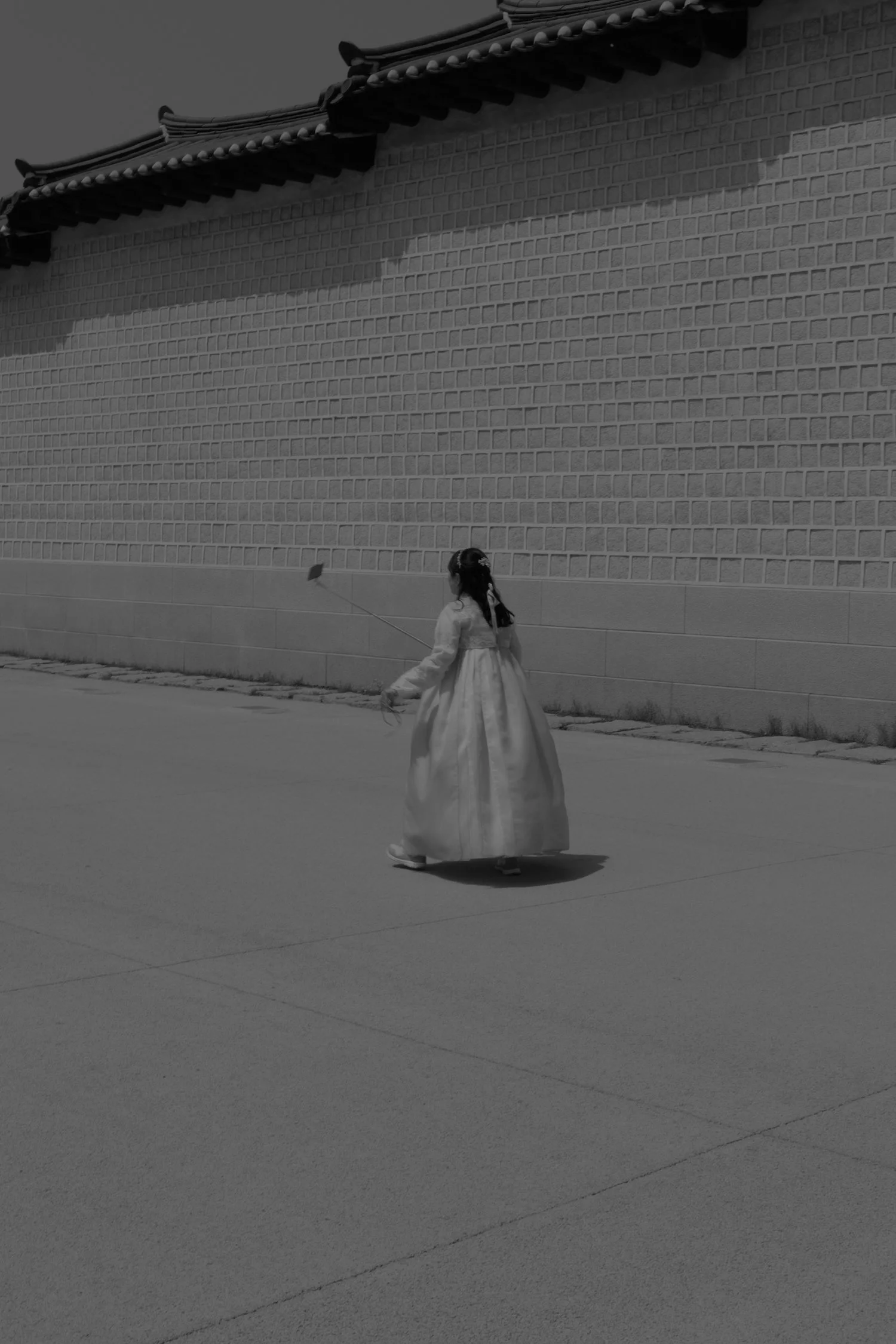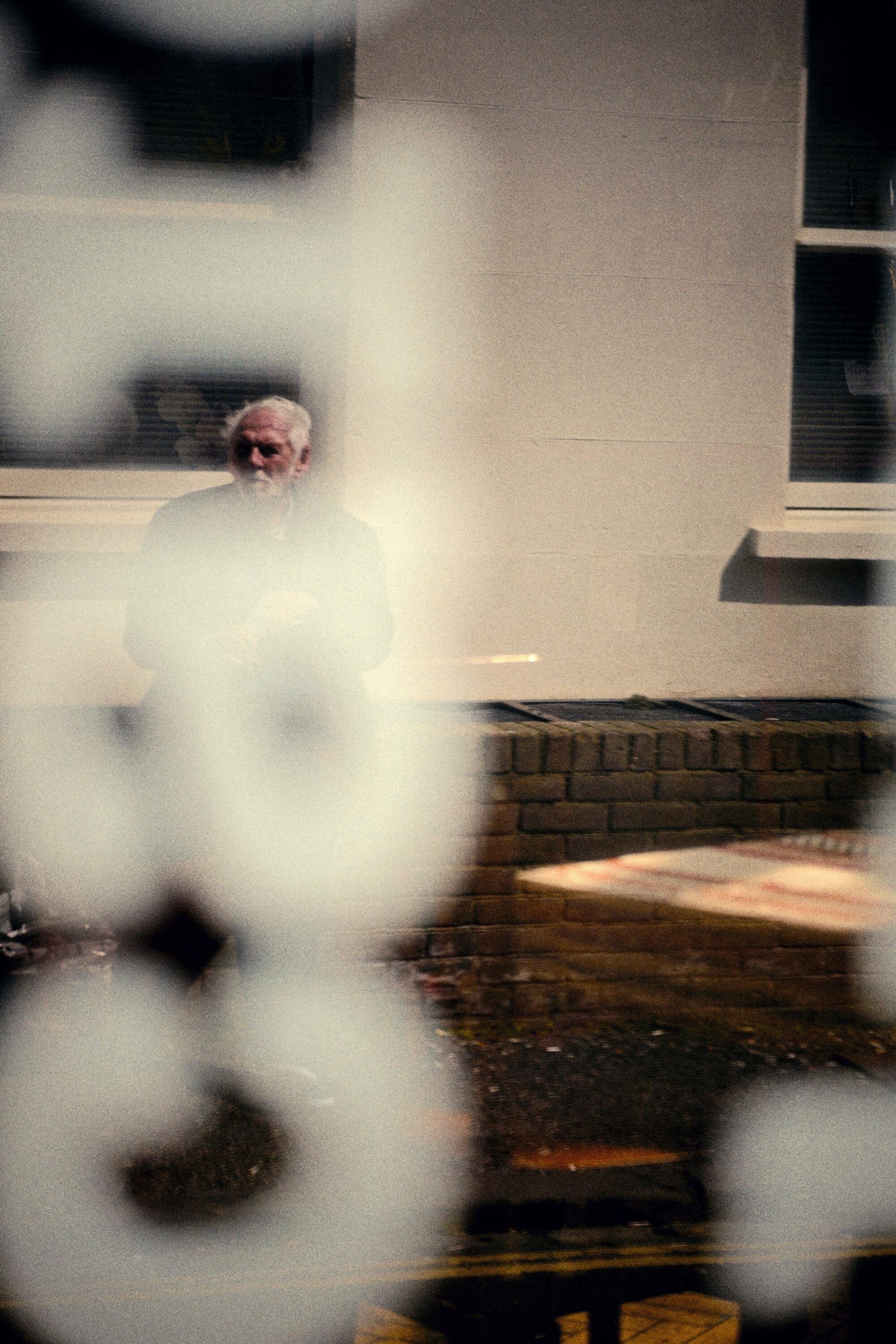Gesar
Photographer Wu Hao takes us to the epic story of King Gesar, who restored peace in the Tibetan China. The project is a link between the myth and today’s reality, questioning the narratives of the past and the present in the provinces of Qinghai and Sichuan in China.
Words & Photography Wu Hao
“Epic of King Gesar” is the most well-known Tibetan epic in China. It narrates the story of King Gesar, a half-human, half deity who fought and won a war against evil, to finally restore peace back to his homeland. The Epic was inspired from ancient legends, poetry, songs, myths and proverbs and the story spans three periods of Tibet – from the 10th to the 20th Century, and has been passed down via oral traditions by ballad singers and Tibetan Buddhist Lamas since A.D. 11th Century. It has been described as an ‘encyclopedia’ of social, political and historical changes, alongside the social structure, daily life, customs and religion of the people who have inhabited in Tibetan plateau area.
Since 2017, I traced clues and metaphors from the ancient epic to direct travels to many locations and historical sites in modern day Qinghai and Sichuan provinces in China, to explore boundaries between the historical geographies and conditions of the surreal mythology with today’s realities. The project, titled Gesar, aims to document the spiritual and complex socio-political landscape of the modern Tibetan ethnic group in west China.
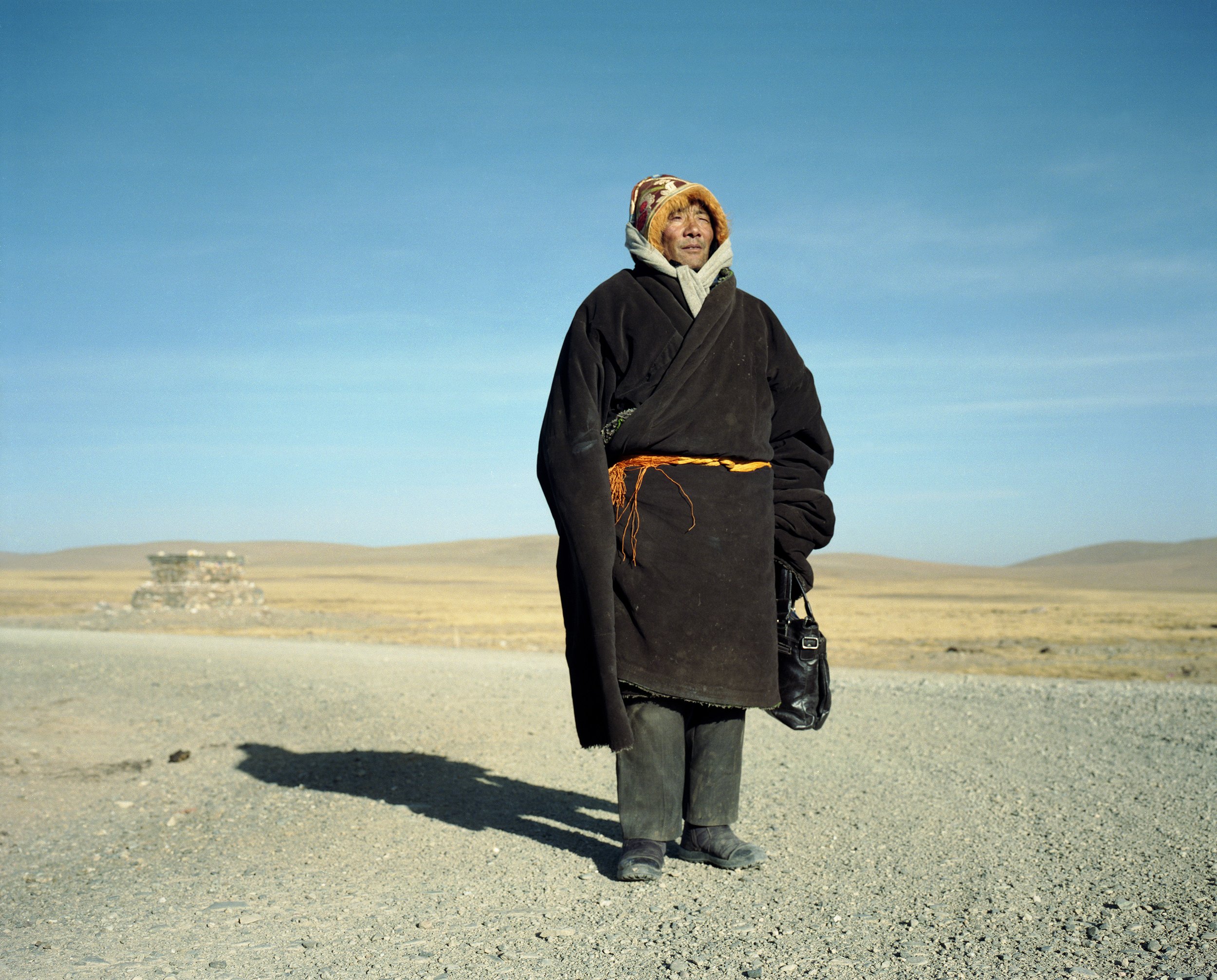
“The story of King Gesar, a half-human, half deity who fought and won a war against evil, to finally restore peace.”

If the epic is the narrative of ancient Tibetan world, what is the narrative of the current era and generation? The work investigates the transformation of ethnic identity, lifestyle and religious beliefs of the local people against the cultural background of their ancestry and social heritage. It also examines what remains or lost for people who live in this territory under intense social transition and modernisation.


“The project aims to document the spiritual and complex socio-political landscape of the modern Tibetan ethnic group in west China.”


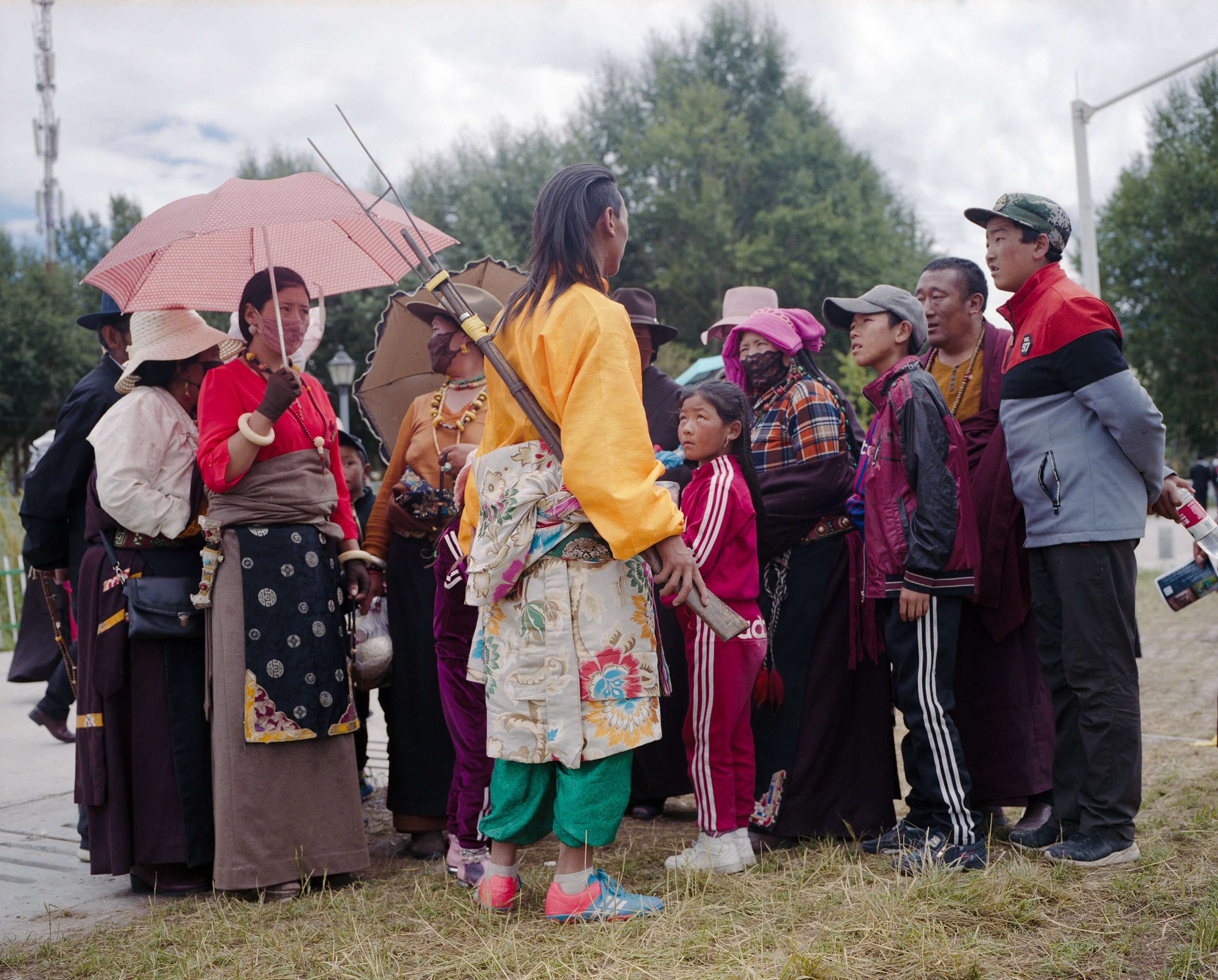





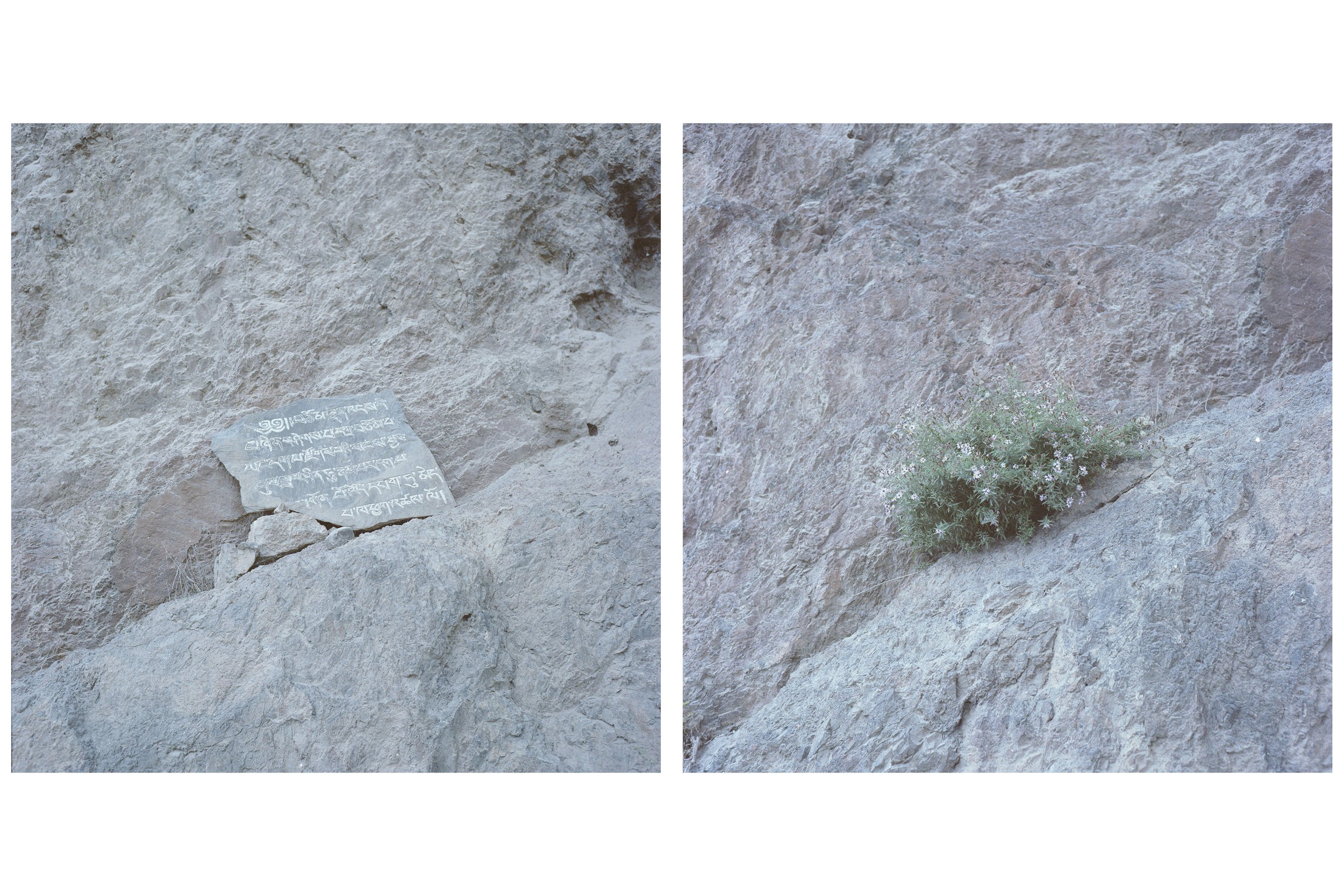
About Wu Hao
Wu Hao is an independent documentary photographer and filmmaker born in Nanning, China. He currently base in Beijing. He focus on people’s way of living by the fast changing society and their dilemma during social transition. His works have been published and exhibited internationally.
To see more of his work, follow him on Instagram
READ NEXT
In Iron Curtain, Polish photographer Natalia Kepesz travels from Estonia to Ukraine, tracing the emotional and psychological impact of war and proximity to Russia. Through powerful portraits and quiet observations, she captures a continent on edge—where young people adjust their dreams, elders recall past horrors, and borders quietly reshape everyday lives.
In a remote valley of Northwest Pakistan, Danish photographer Laura Riis documents a quiet transformation. Her project captures the personal and cultural complexities of religious conversion among the Kalash—a small indigenous community navigating the tension between ancestral traditions and Islam. Through tender, intimate portraits, Riis explores faith, identity, and the difficult choices faced by a new generation.
Elias Yannas Tsigounis is the winner of the inaugural ZERO.NINE Award, selected at the Cluster Photography & Print Fair 2025. His series Elegos focuses on Elias’ understanding of death as a transformative experience, following his attempt to understand his father’s passing. Elias’ work is dreamlike and abstract, but there is a physicality to the construction of these images that set his work apart. We spoke to Elias about what his work means to him.
Photographer Ioanna Sakellaraki presents a poetic exploration of disaster and resilience in the Pacific Ring of Fire. Through haunting imagery of Melanesia, the project blurs the line between history and myth, destruction and survival. The Mark of a Terrible Sun will be on view at Hillvale Gallery, Melbourne, Australia, from April 10 to May 11.
Ghost Notes: Portrait of Punk in Derby explores Derby’s enduring punk spirit through portraits and sound, capturing how this subculture shapes identity and community. Commissioned by FORMAT Festival, photographer Francis Augusto documents punk’s evolution—from radical roots to modern expressions—revealing a vibrant, intergenerational movement that continues to challenge norms and foster creativity in unexpected spaces.
‘In The Shadow We Bloom’ explores themes of isolation and anonymity within South Korea's urban landscapes. Capturing people, animals, and objects, the series juxtaposes curated social media personas with the impersonal nature of city life. Through this lens, photographer Aram Tanis examines the tension between self-representation and the reality of contemporary urban existence.
Augmented Unreality is a photographic project exploring beauty in the age of artificial intelligence. It questions how technology shapes our aesthetic ideals, often distorting beauty into a superficial and homogenous concept. By blending AI-generated images with real models, photographer Norberto Pezzotta challenges the perception of beauty, advocating for inclusivity, authenticity, and the preservation of human diversity in a digital era.
Guided by childhood memories, family stories and literature, Henry Schulz embarks on a journey to reconnect with the past. With his camera, he searches for places that mirror his recollections of Germany—forgotten spaces between city and countryside where history lingers. His photographs capture the cycle of memory and change, revealing a world where the past is never truly lost, only waiting to be rediscovered.
Benjamin Sauer’s project Amtszeichen (Official Signs) explores the world of German bureaucracy—its rigid structures, endless corridors and paper-filled offices. Through his images, he captures both the necessity and absurdity of administration, revealing the people behind the system and the clichés that define it: flickering lights, official stamps and labyrinthine rules.
Joe Hart’s photography series immerses us in the world of the Shetland Pony Grand National, where young riders chase dreams with determination and grit. More than a competition, it’s a tradition built on passion, community, and ambition—showcasing the dedication of these athletes and the charitable spirit that drives the event forward.
Photographer Valentina Luraghi explores the overlooked struggles of women battling this condition, often dismissed by medical professionals. Through intimate portraits, the series captures the exhaustion, anxiety, and resilience of those affected. Different women, united by their fragility and strength, reveal the silent weight of anemia and the fight to be heard.
What does it mean to be close to someone? In Between by Nora Obergeschwandner is a poignant exploration of intimacy, attachment and the invisible forces that shape our relationships. Through evocative analog portraits and raw personal narratives, this project unravels the delicate balance between longing and fear, inviting viewers to reflect on their own emotional landscapes and the spaces where connection truly unfolds.
Flowing through ancient woodlands and temperate rainforests, the River Dart is both a place of beauty and a fragile ecosystem under threat. Photographer Emma Stoner began documenting the river in 2022 as part of a commission. Since then, the project has evolved into a personal exploration of the Dart’s landscapes and communities, highlighting its natural beauty while raising awareness of the environmental challenges it faces.
Dear Father redefines the father-son dynamic through role reversal, exploring acceptance and identity. In this intimate project, Danilo Zocatelli paints his father’s face, shifting their long-established roles. By revisiting childhood spaces and challenging perceptions, the work becomes both a personal reconciliation and a powerful statement on transformation, memory, and understanding.
Through self-portraiture, photographer Foteini Zaglåra explores identity, memory, and transformation, blurring the line between reality and fiction. Combining performance, symbolism, and narrative storytelling, her work examines beauty standards, grief, and mythology. She offers a deeply introspective reflection on the self in an era shaped by digital personas and societal expectations.
Over two years, photographer Juliet Klottrup immersed herself in the evolving grassroots skateboarding communities of Northern England, documenting spaces that empower female, marginalised, and LGBTQI+ individuals. Through her lens, she captures how these collectives redefine skateboarding as a force for inclusivity, turning it into a platform for self-expression, freedom, and resilience while reshaping the sport’s cultural landscape.
Marco Vernaschi returns to ZERO.NINE with The Land of Never After, a striking exploration of Argentina’s cyclical struggles between past and present. Through Gaucho’s enduring spirit, Vernaschi challenges narratives of division and decline, offering a powerful meditation on identity, resistance, and the possibility of transformation in an era of ideological turmoil.
In Kiss of Death, photographer Berber Theunissen offers an achingly intimate portrayal of her family’s battle with her partner’s stage 4 cancer diagnosis. Through evocative medium-format imagery, she captures the raw emotions of grief, fear, and resilience, revealing the fragility of life and the enduring strength of love amidst overwhelming uncertainty.
Photographer Kip Harris captures the vibrant interplay of architecture and colour in Antigua, Guatemala—a city shaped by its colonial heritage and strict preservation rules. These rules mandate a specific palette for building exteriors, ensuring harmony with the city's historic character. Through this lens, Harris explores how these limitations influence both the carefully composed elegance of upscale structures and the creative, ad hoc expressions often found in poorer neighbourhoods.
‘The Gift’ explores the profound meanings hidden within a simple gesture—giving. Brought to life by Lith Li and Miss Patricia, the striking visuals embody themes of liberation, self-expression and societal expectations. It invites us to question: What truly matters in a gift? The photo series was beautifully captured by photographer Massimiliano Emme, adding depth to its powerful narrative.
Wayne Chin’s journey from isolation to creative expression highlights the transformative power of photography. Written by Paul Ryan, CEO of MYWORLD Creative Projects, this article explores the MYLONDON initiative, a remarkable project empowering individuals affected by homelessness to share their stories through the lens and reconnect with their communities.
In this insightful interview, Juan Brenner delves into his ongoing photographic exploration of San Simón, a complex figure embodying Guatemala's rich syncretic traditions. Brenner reflects on themes of identity, spirituality, and cultural resilience, sharing the challenges and revelations behind his deeply personal and visually arresting body of work.
Shadow Cast is the latest handmade, limited edition book by lens-based artist Pacifico Silano. For this series, Silano reworked vintage gay porn into evocative, melancholic typologies, transforming shadows into a visceral exploration of desire, marginality, and longing. Printed entirely on risograph, this XXL photobook is a tactile and experimental masterpiece, published by Loose Joints.
The Human Gaze challenges the entrenched patriarchal lens that objectifies the female form, redefining the act of looking as a reciprocal exchange between subjects. Through diverse photographic representations, this series by photographer Julia SH asserts the autonomy and humanity of naked bodies, dismantling the dominance of a gaze steeped in control to present the female form as whole, empowered, and self-defined.
With his series Ground Clearance, photographer Owen Harvey documents the evolution of the lowrider subculture, capturing its rich history, artistic expression, and global influence. His intimate portraits allow us a glimpse into the life of modern lowriders – a subculture that started back in the 1940s rooted in Mexican-American communities.
Photographer Chen Chuanduan crafted this fictional documentary, blending elements of fiction and the supernatural. Through AI-generated images and paranormal stories, he conveys both personal and collective trauma. Chen combines text-to-image AI creations with real-world images and his own photography, seamlessly merging reality with imagination.
At East London’s She Lost Control, Aura photography offers a glimpse beyond the visible. Based on Kirlian-inspired photographic techniques, these sessions capture your energy as a radiant Polaroid image—an exquisite reminder that we are more than our digital selves. ZERO.NINE founders Christian Trippe and JC Verona tried this unique experience.
After captivating audiences with Good Dog and The Animal Kingdom, celebrated studio photographer Randal Ford returns with a charming new volume — Farm Life. In his latest book, Ford takes us beyond the barn and into the very heart of America’s vibrant farm animals. This collection of studio portraits celebrates the spirit of these pastoral creatures and invites the viewer on a heartfelt journey of expression, play, and contemplation.
‘Dreamland: Side of Sea’ is a captivating street photography series by Taras Bychko, showcasing the tranquil charm of English coastal towns in the quiet months before summer, from February to May 2023. Bychko's lens captures serene, almost dreamlike moments in various places like Brighton and Margate, inviting viewers to savour the peaceful solitude before the tourist rush. This reflective series beautifully contrasts everyday life with the timeless allure of the coast.
Asheville-based artist J. A. Young combines their own personal photographs with public-domain archival imagery to explore their reaction to inward experiences. Inspired by a pivotal moment in 2020, the work reflects on existential questions and global crises. Through print manipulation and rephotography, the project creates a fluid, ever-evolving visual narrative that mirrors the artist's shifting perceptions and emotions.
